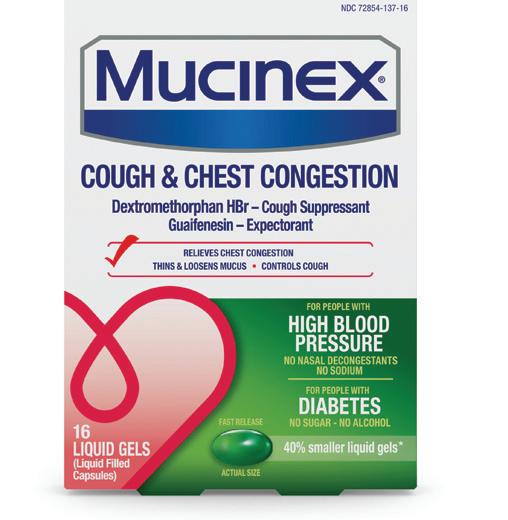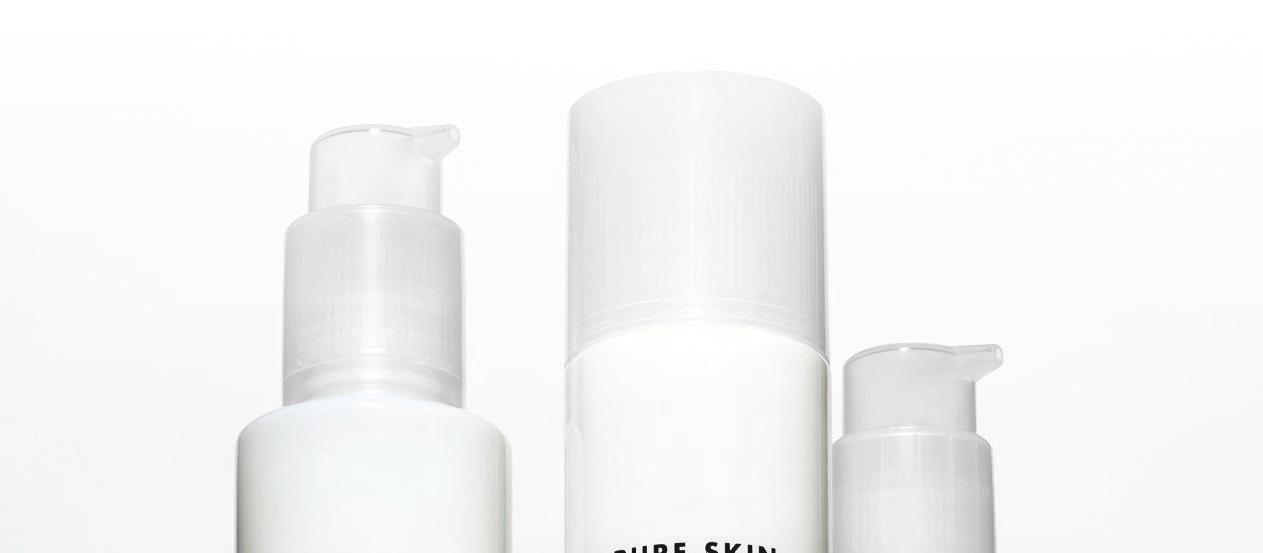
5 minute read
INDUSTRY NEWS
from DSN-0922
by ensembleiq
Walgreens Offering New Round of Pay Hikes, Well-being Initiatives
Walgreens Boots Alliance is building on its efforts over the past 12 months to support its team members, including $450 million announced last August as part of the move to $15/hour minimum wage and an additional $190 million in pharmacist investments this fiscal year.
The company shared that it is expanding on those investments as part of an ongoing implementation to increase its pharmacist base pay ranges. “These are further recognition of our pharmacists’ hard work, dedication and commitment, and the critical role they continue to play in caring for our customers and patients,” the company said.
These investments include: • Increasing pharmacist base pay rate ranges across the United States; • Extending premium pay for pharmacists electing to work additional shifts; and • Extending sign-on bonuses for pharmacists and pharmacy technicians.
Walgreens also said that it continues to take steps and make investments as part of the company’s focus on team member health and well-being, both in the workplace and beyond.
In May, Walgreens launched Be Well Connected, an internal initiative developed to provide easy access to a wider range of services and support that foster “whole person” health — across mind, body and spirit.
Building on the company’s existing EAP platform, Life365, Be Well Connected offers resources such as five free counseling sessions with a licensed therapist, a customized mobile app, and mental health and wellness solution that connects team members to one of the world’s largest, most supportive and inclusive well-being communities. These and other services are available to team members and their families at no cost, the retailer said.
FDA Approves Sanofi Flu Vaccines for 2022-2023 Influenza Season
The Food and Drug Administration has approved Sanofi’s licensure request for vaccine approval for the upcoming 2022-2023 flu season, which would include Fluzone High-Dose Quadrivalent (influenza vaccine), Flublok Quadrivalent (influenza vaccine) and Fluzone Quadrivalent (influenza vaccine).
This approval comes on the heels of the CDC’s Advisory Committee on Immunization Practices’ preferential recommendation for adults aged 65 years old and older, including Fluzone High-Dose Quadrivalent and Flublok Quadrivalent.
Following this licensure, Sanofi will begin to ship its vaccines helping to ensure more people, including vulnerable populations of 65 years old and older, will be immunized with the vaccine best suited for their needs as recommended by the ACIP.
Influenza disproportionately impacts people over the age of 65 years old and older, underrepresented communities and people with comorbidities, such as diabetes, asthma, chronic obstructive pulmonary disease and heart disease. Since 2010, it’s estimated by the CDC that between 70% and 85% of seasonal flu-related deaths have occurred in people 65 years old and older, and between 50% and 70% of seasonal flu-related hospitalizations have occurred among people in this age group. ACIP’s June 22 recommendation will undoubtedly help reduce the risk of influenza cases and severe flu-related complications in this population at highest risk, Sanofi said.
“ACIP’s recommendation is a first step to help improve protection against flu and its complications for this 65 years and older highrisk population,” said Michael Greenberg, North America medical head of vaccines at Sanofi.
“Not every flu vaccine is created equal, and we are pleased with ACIP’s acknowledgment that Fluzone High-Dose Quadrivalent and Flublok Quadrivalent have demonstrated improved protection from flu and its related complications through randomized controlled trials and realworld evidence,” the company said.
Publix Pharmacy Debuts Curbside Pickup Service
Publix Pharmacy is rolling out curbside pickup at stores in Florida, Georgia, Alabama and Virginia, with select pharmacies excluded.
North and South Carolina pharmacy locations plan to offer the service at a later date.
“Our customers enjoy the convenience of curbside pickup for their grocery orders, so we are excited to add prescriptions to that offering,” said Dain Rusk, Publix vice president of pharmacy. “Whether customers choose to shop in our stores or from the comfort of their cars, we are committed to providing the same great service from our pharmacies.”
Customers may select curbside pickup after prepaying for their prescriptions through the Publix Pharmacy app or online. Upon arrival, customers should park in the designated spaces for curbside pickup, call the number on the sign and inform customer service of their presence.
Curbside pickup for prescriptions is available during Publix Pharmacy hours of operation at no additional cost to the customer. Prescription costs and co-pays will be collected during the prepay process.
Controlled substances purchased through Medicare Part B and agerestricted medications are not eligible for curbside pickup.

NCPA Survey: Three-quarters of Community Pharmacies Report Staff Shortages
More than three-quarters of community pharmacists say they are having a tough time filling open positions, and the result is higher payroll costs and longer wait times for patients seeking to fill prescriptions, according to a new survey released by the National Community Pharmacists Association.
“Community pharmacies are small businesses, and even though they are affected by the same tough conditions that are battering the rest of Main Street, the biggest threat to their ability to continue to provide health care for consumers — by far — is from the heavy-handed business tactics of insurance-owned PBMs,” said NCPA CEO Douglas Hoey.
The result on labor conditions has barely changed from similar NCPA surveys conducted last May and last November, when roughly 79% and 70% of community pharmacists, respectively, said they were struggling to find workers. This year and last year, applicants for pharmacy technician positions are in short supply. More than 88% of respondents this year said finding pharmacy techs was their No. 1 problem, followed by front-end staff at 56%.
Roughly 73% of respondents said they’re dealing with the labor shortage by offering higher wages and benefits. Fifty-four percent said fewer hands means it’s taking longer to fill patient prescriptions.
An overwhelming majority (93%) of community pharmacists said inflation is affecting their businesses. Unlike most other small businesses, which can pass on higher costs to consumers in the form of higher prices, pharmacies can’t raise prices on medicines because health insurance companies dictate the pricing, NCPA noted.
Supply shortages that started at the beginning of the COVID-19 pandemic have also persisted, according to the survey. Seventy-nine percent of respondents said they’ve been affected by supply shortages in the last six months. That’s down slightly from a similar survey conducted in April 2020, when almost 90% of respondents said they were affected by supply chain issues.
The NCPA survey, conducted from July 25 to Aug. 5, was sent to approximately 8,000 independent pharmacy owners and managers, with approximately 360 responding.







